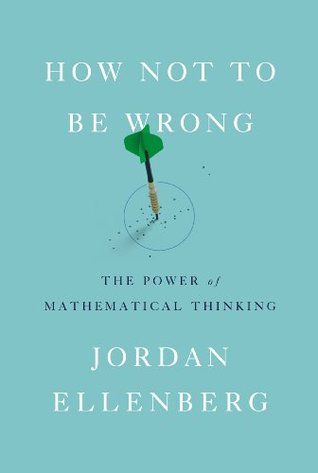For Ellsberg, the answer to the paradox is simply that expected utility theory is incorrect. As Donald Rumsfeld would later put it, there are known unknowns and there are unknown unknowns, and the two are to be processed differently. The “known unknowns” are like RED—we don’t know which ball we’ll get, but we can quantify the probability that the ball will be the color we want. BLACK, on the other hand, subjects the player to an “unknown unknown”—not only are we not sure whether the ball will be black, we don’t have any knowledge of how likely it is to be black. In the decision-theory
...more
Jonah Bourne liked this


